|
One of the most popular questions I get as a bookseller is, "what are the best Black History Books for beginners?" After all, once the decision has been made to step beyond what was provided in the formal classroom environment, it's easy to become overwhelmed with all the choices that are available. Over the years, I've gotten plenty of feedback and have compiled a curated list for those that may want to focus on an approach that is rooted in reading books from the perspective of our own words. In this post, I will share the Best Black History Books for beginners and discuss why I group them to match the reader's focus and style.
Until the lion tells his side of the story, the tale of the hunt will always glorify the hunter - African proverbI remember raising my hand in my 6th grade Social Studies classroom to ask why slavery took place. The teacher said matter-of-factly, "...because it was necessary to get all the work done to feed the country." In just one sentence she justified the vicious behavior and inhumane treatment against an entire race of people. And that race matched mine. I remember that her answer didn't set well with me, but I didn't question it further nor ask any other adult about it. I knew without her saying that in order to pass the class, that's what the "correct" answer would entail. And just like that, one of the poisonous seeds of white supremacy was planted. Day in and day out, it would be watered by mainstream media, cultivated by laws and statutes, and, fertilized by "all nine areas of people activity" as Neely Fuller states. It's easy to see why someone who takes a bold step away from the educational system's beaten path of outdated textbooks would feel overwhelmed in deciding where to begin their reading journey; after all, the "Miseducation" and indoctrination process starts so early. Embedded into American society's economic, educational, entertainment, labor, law, politics, religion, sex and war system is a story told by rote. The list provided is my best attempt to place all of these block buster titles in order of complexity AND sequence. Travel with me down Black History Lane - the remix. 1. 100 Amazing Facts about the Negro with Complete Proof by J. A. RogersThe first book on the list, "100 Amazing Facts about the Negro" is packed with a punch in less than 80 pages. The author wrote for the Chicago Defender, was an anthropologist and historian. The selections he chose for the book seem designed to expose the greatest of accomplishments in the fewest number of words. Patterned after the "Ripley's Believe or Not" style, it has been a long time best seller at Afriware Books, Co. I like to recommend it because each page is a topic unto itself and therefore opening it to any page even in a hurry will not disappoint and usually leaves the reader in astonishment, therefore delivering the "shock and awe" that some readers need to maintain interest. The reason for the placement of the second and third books "Black History for Beginners," and "The Black Book," and are to appeal to those who may say they're not into "reading", or don't like to read. I can identify tremendously with this person because, believe it or not, this person was me in my first year of college. I used to be ashamed to admit it, especially as a bookseller. However, because of this fact, I have a different perspective to share with parents who lambast their children that whine or complain when they give them a book. To me, it's likely an indication that the books they've been exposed to in the school system are outdated or have no reference to our cultural heritage; or worse yet, what is mentioned in them is demeaning or false. Think about it, why would anyone in their right mind want to identify with or read further about a people they only knew negative things about. Certainly, the reader is familiar with the education system's propaganda that Africa was 'The Dark Continent." or that it was home to savages. Movies like "Tarzan of the Apes" and "Birth of a Nation" helped shape our understanding of who we are and how society views us. The images and messages in these movies have been heralded and praised by American society and thus teach us what is valued. The mountain of lies surrounding our heritage and identity are quite the challenge to overcome and replace with knowledge of self and nation. 2. Black History for Beginners by Denise Dennis3. The Black Book edited by Toni MorrisonIn "The Black Book" edited by Toni Morrison, one of the most striking documents revealed is a map written by Columbus of the land he "discovered" along with the "Negroes" he encountered in the area. This is most contrary to the propagandist line of him as discoverer of new lands. This book is long on primary resources and photocopies of original documents. The collection is an expert curation of the most highly debated racial topics of our time including the African sculpture heads mentioned previously. Some of the photographs contain the most demeaning depictions of African people in American advertisements, lynchings, patents and drawings. Please see a review of this book done by the author of this article here.
James Loewen does an excellent analysis of 24 textbooks (revised edition) used in U.S. high schools in "Lies My Teacher Told Me." One of his conclusions is that these books actually "make students stupid." Comparing and contrasting data from book to book further explains why students would head for the hills at some point to break free from the confusion and misinformation. Indus Kush in "What They Never Told You in History Class" is quite effective because it contains impactful photocopies of news articles and or original documents that speak for themselves. He offers no commentary or opinions and offers the primary research for the reader to follow up with independently. Personally I prefer this style because I can draw my own conclusions and prefer to do so before reading someone elses interpretations. Let's examine two of the most common myths touted in America's educational system: 1. Columbus discovered America 2. Africans were primitive and had no history before the coming of the white man WHO ACTUALLY DISCOVERED AMERICA?Pounded into our heads at school was the poem, "In 1492 Columbus Sailed the Ocean Blue." Who knew that what was thought to be the gospel truth coming from our teacher's mouths was surrounded by such controversy. While the poem does go on to say that Columbus was lost and thought he found India, the author did leave out his sordid reputation and the "Negroes" he found when he got wherever he thought he was. The flagship book that addresses the issue of who actually discovered America is called, "They Came Before Columbus" by Ivan Van Sertima. It is a favorite because it references stone 10-40-ton megalith 2500 year old carvings that the reader can visit today to debunk this popular myth. There are photographs that display the undeniably African features of thick lips, and braided hair they-we possess. Van Sertima examines ship building, plants and navigation records and other archeological evidence to put all questions of who arrived first to rest. There is no more room for doubt or opinion. Another book called, "Christopher Columbus and the African Holocaust" by the great scholar Dr. John Henrik Clarke gives more of the background of Christopher Columbus' character and the depth of his exploits. It is presented in more of an essay format than Dr. Van Sertima's and is a shorter read. Because the new reader may not be accustomed to the unique style and concentration of ideas that Clarke presents, I'd recommend to start with Van Sertima first. 6. They Came Before Columbus, The African Presence in Ancient America by Ivan Van Sertima"how insulting it is [was] to Native Americans ... to be told they were 'discovered."[1] - Ivan Van Sertima What was Africa like before slavery?"...underdevelopment is a paradox. Parts of the world that are naturally rich, are actually poor. And parts that are not so well off... are enjoyoing the highest standards of living." Walter Rodney 7. How Europe Underdeveloped Africa by Walter RodneyAfrica has changed quite a bit since the onslaught of slavery. European countries picked apart almost every acre for themselves. This long process was documented well in "How Europe Underdeveloped Africa." The question of how slavery was used in Africa before European powers introduced the slave trade is discussed. This is an important point that has been pushed by the West in the last 5 years or so to suggest that since Africans already bought and sold slaves among each other, then why fault or even question the others who engage. The abominable system of barbaric behavior is exposed for what it truly was and its remnants and replacements that still exist today. What Was Slavery LikeSome concepts are better described through pictures. I'd recommend "Fight On - A Visual Interpretation of African American Spirituals" to be a fitting gateway into the depth of feelings that were expressed as a result of the unfathomable atrocities of enslavement. Please see a review of this book done by the author of this article here. Dr. Antoinette Jackson describes the buildings and tourist sites that remain today to tell the story through he important work, "Speaking for the Enslaved." She has re-interpreted day-to-day life on slave plantations from the perspective of the enslaved. What are the Long term effects that the survivors of modern day slavery might experienceAfter the dislocation, disruption and demonization of the enslaved, their offspring were sure to have some long term psychological effects as survivors. The father of Black History Week, (turned to Month), Dr. Carter G. Woodson brings us full circle in plain speaking language with the timeless classic, "Miseducation of the Negro." The wizard of advertising, Tom Burrell adds significant value to the topic with his use of updated language and photographs of examples from the present day. "The Autobiography of Malcolm X" as Told to Alex Haley is a powerful intermission sandwiched between Woodson and Burrell, but I could have place this fast-paced metamorphses of our of our cultural heroes anywhere on the list and it would always be right in time. For more information about the significance of this book along with the newest one on Malcolm X's life, see author of this post's blog here. Black History TextbooksOnce people start reading about all that was done to disrupt Africa, they start to wonder about Black history before colonization. The three that stand out most as a great gateway to more are:
The last two on this list could easily be included in a more advanced listing, but I wanted to at least wedt the appetite for more. Sometimes I wonder if these books could one day replace the fossilized texts that are now in America's classrooms. It would be a much different world.
BONUS!!!Honestly, this is the sole book on this list I haven't cracked, but from the authors listed in this anthology, it will be great. I'll revisit this post after I've had an opportunity to review it formally. If you've read down this far into the post, I couldn't leave you without having piqued your interest. Sis Ama Mazama's voice alone will make the read worth it.
We Will Tell Our Own Story!: The Lions of Africa Speak! Comments are closed.
|
AUDIOBOOKSMERCHGIFTSjoin email listACADEMIC BOOKSblog Author/
|
- Store
- Blog
- AUDIO BOOKS
- EBOOKS
- SEARCH
- Welcome
- GoFundMe
- TUCC
- Events
- READING GUIDE
- AUTHOR INFORMATION
- ARTIST BIO/PRICE
- NNEDI OKORAFOR BOOKS
- PODCAST
- LARUE'S HAND IN CLAY
- About Us
- FREQUENTLY ASKED QUESTIONS
- BOOK FAIR /SCHOOLS / CLUBS
- Photo Gallery
- EJP BOOK DRIVE
- Videos
- Newsletter/Articles
- Archives
- External Links
- Afriware Statement on COVID-19
- GREATER LAKES
- Afriware Merchandise
- AFFILIATE INFO
- SEBRON GRANT ART DESIGNS
- Mother's Day Bundles
- CARTOON
- ROBOTS
- STEM
AFRIWARE BOOKS CO. A COMMUNITY BOOKSTORE SERVING:
|
|
Melrose Park, IL
|
|
,AFRIWARE BOOKS, CO,
1033 SOUTH BOULEVARD, OAK PARK, IL 60302 708-223-8081 ONLINE SUPPORT: Thurs-Fri. 4-6pm Sat. 12-2pm, IN PERSON EVENTS: afriwarebooks.com/events |
Want to try a great website builder, try Weebly at: https://www.weebly.com/r/9SAD4V

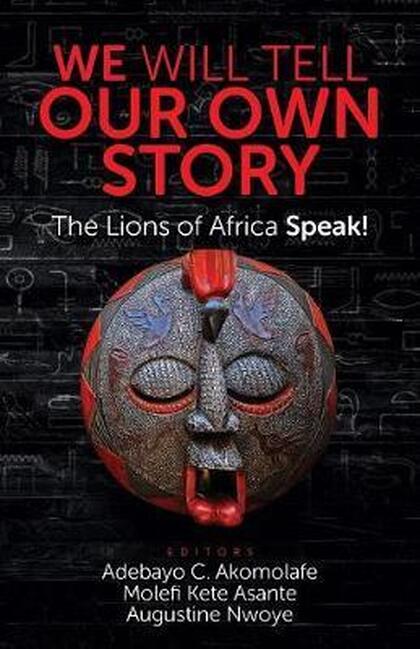

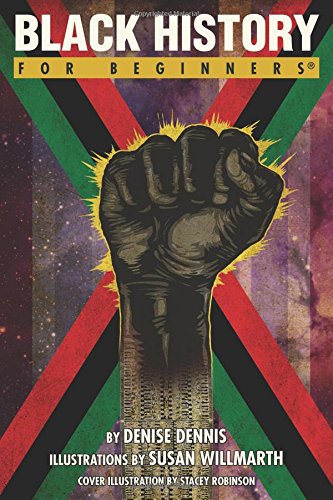
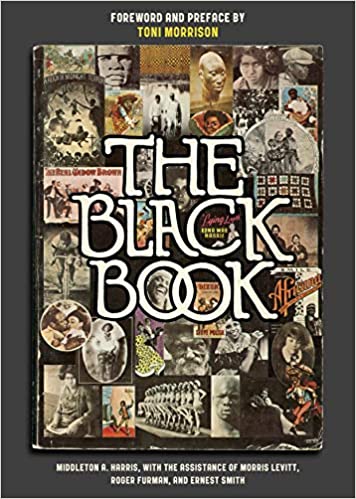
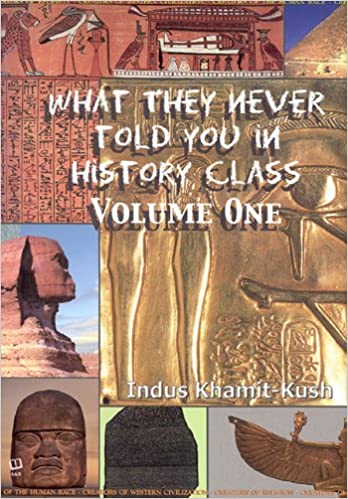
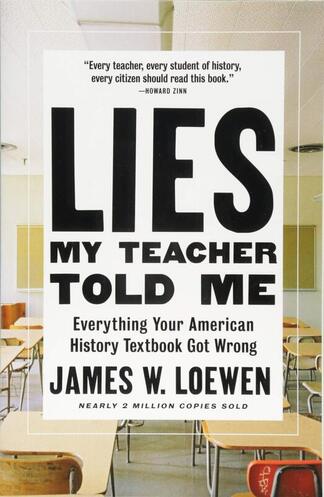
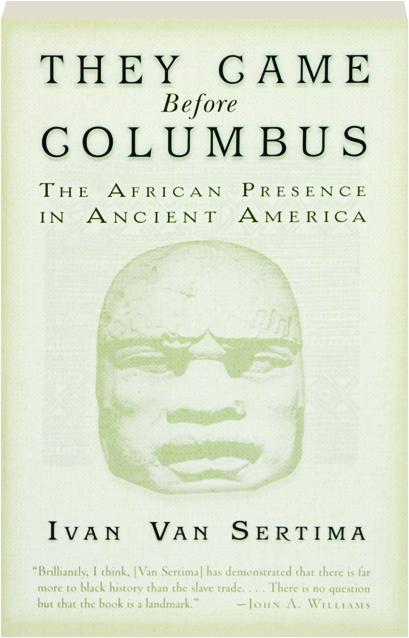
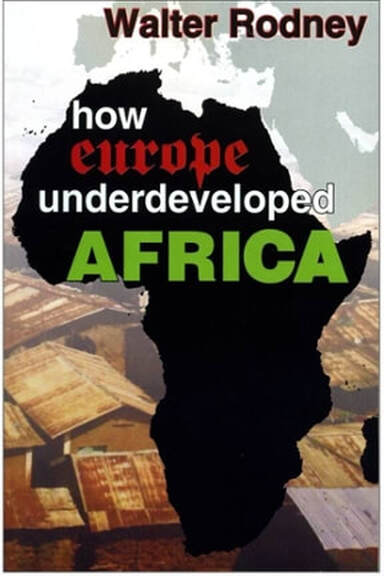
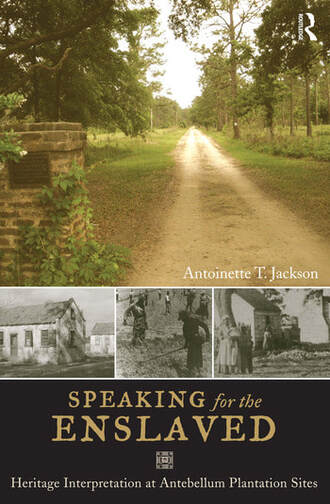
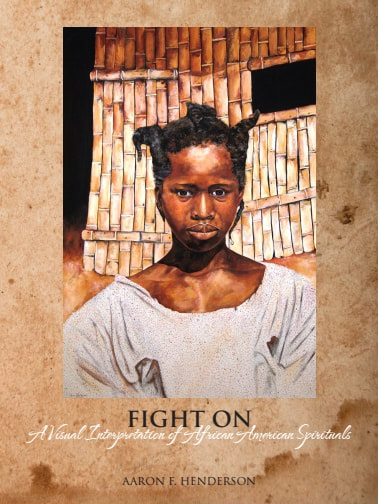
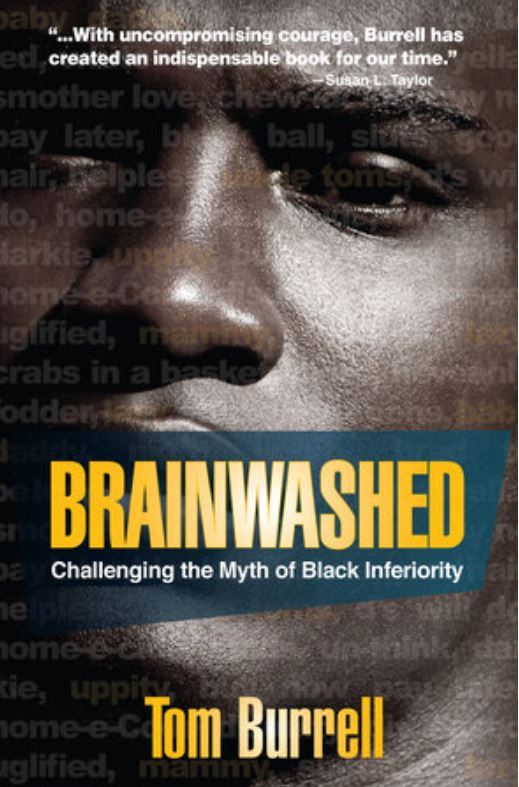
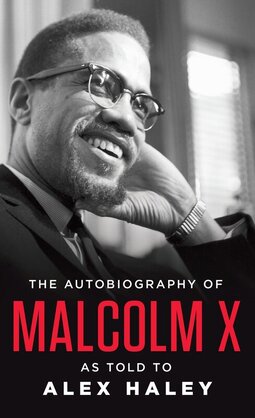
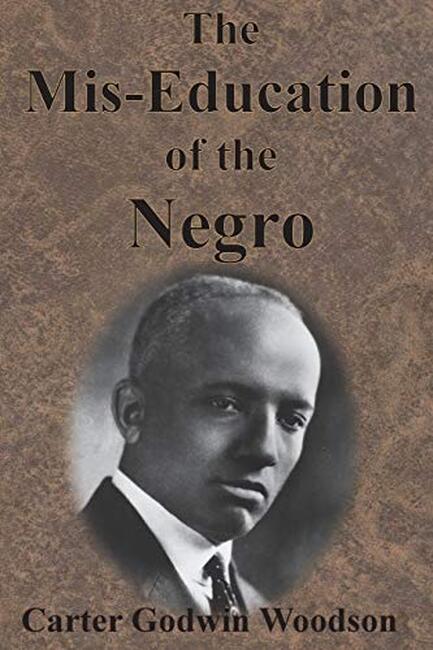
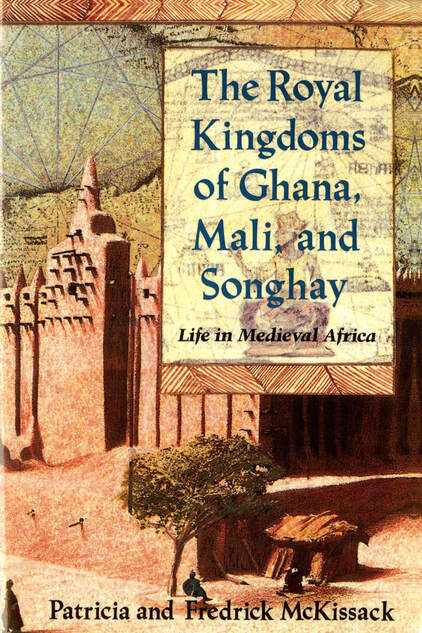
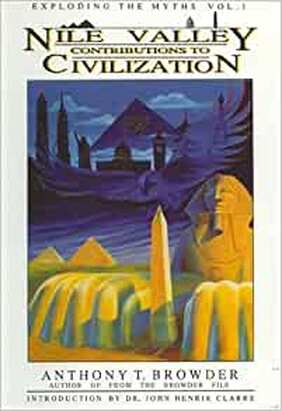
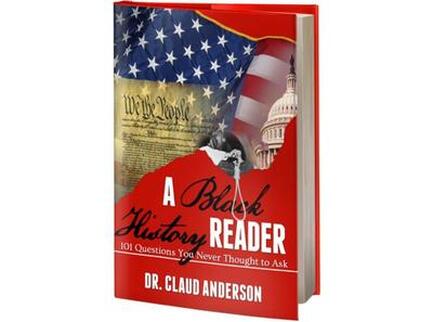
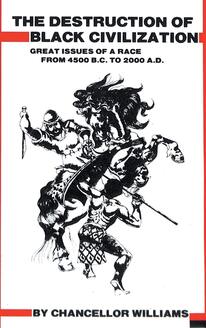
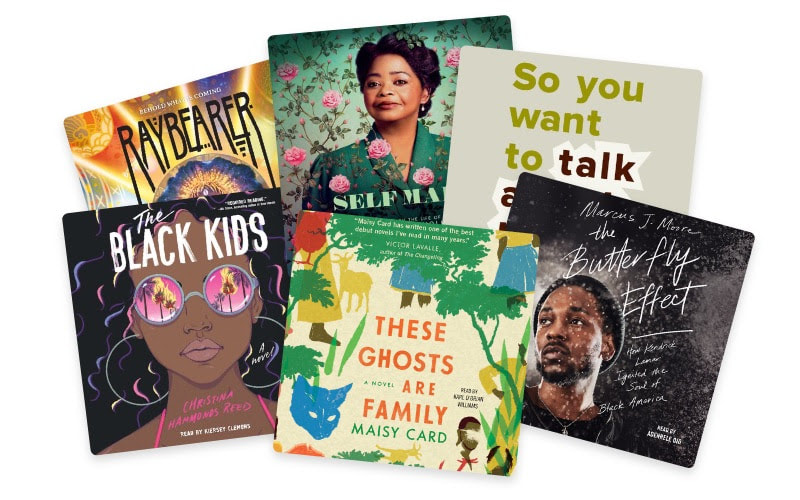




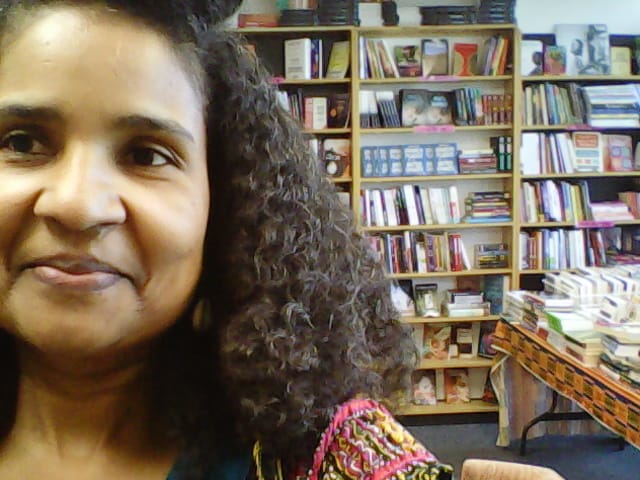
 RSS Feed
RSS Feed


